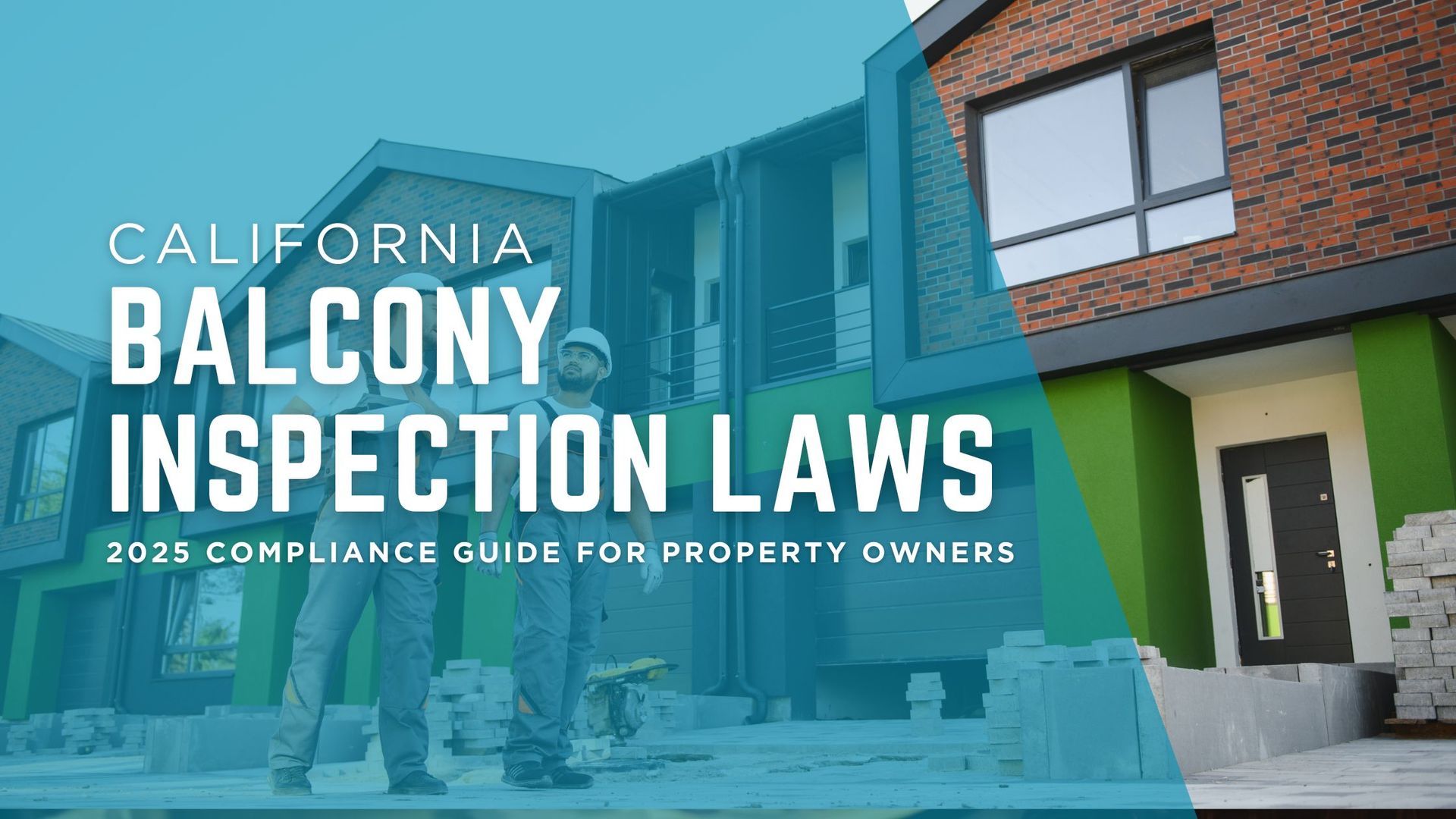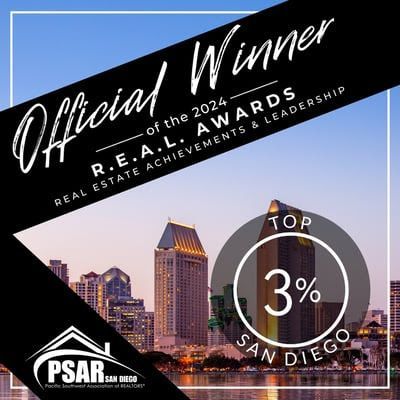California Rentals Must Include Stove and Refrigerator Starting 2026

Key Insights
- Effective Date: AB 628 takes effect January 1, 2026 for all new leases.
- What's Required: Every rental unit must include both a working stove and refrigerator to be considered habitable.
- Who It Affects: Nearly all standard apartments, homes, and duplexes, with limited exceptions for SROs, residential hotels, and shared housing.
California is raising the bar for rental housing standards. Gov. Gavin Newsom has approved a measure requiring all California rental units to have a working stove and refrigerator, making these essential appliances a legal requirement, not just an expectation. This means the cost of purchasing, installing, and maintaining these appliances will fall on
property owners, not tenants.
What Is AB 628?
AB 628 is a tenant protection law that redefines what makes a rental unit "habitable" in California. Starting with leases signed in 2026, every rental property must include both a working stove and a working refrigerator as baseline requirements.¹
Here's how it works: Under California law, landlords must provide "habitable" premises, which means the property meets basic health and safety standards. AB 628 adds functional cooking and refrigeration appliances to this list of requirements. Without these appliances, a rental unit cannot legally be considered habitable, giving tenants stronger grounds to request repairs or withhold rent if their landlord fails to comply.
This law closes a loophole that previously allowed some landlords to rent units without these basic appliances, forcing tenants to purchase their own or go without proper food storage and cooking facilities.
When Does the New Law Go Into Effect?
AB 628 goes into effect on January 1, 2026. All new leases signed on or after this date must comply with the updated habitability requirements.²
Are There Any Exceptions to AB 628?
For standard rental homes, apartments, condos, and duplexes, AB 628 will apply, but there are specific exceptions:
- Extended-stay hotels and residential motels where guests rent by the week or month.
- Transitional and supportive housing designed for individuals experiencing homelessness.
- Single Room Occupancy (SRO) properties where residents have access to shared cooking facilities.
- Properties with communal kitchen arrangements, such as certain dormitories, group homes, or senior living communities,²
For standard rental homes, apartments, condos, and duplexes, AB 628 will apply. Property owners with questions about whether their specific housing type qualifies for an exemption should seek from expert property managers.
What to do as a tenant
If you're renting in California starting in 2026, here's your action checklist:
Step #1: Confirm Appliance Inclusion Before You Sign
Don't assume anything. During property tours and lease negotiations, explicitly verify that both a stove and refrigerator are included with the rental. If they're not provided, find out why.
Step #2: Review Your Lease Agreement
Review the lease terms to ensure the landlord isn't attempting to make appliances your responsibility.
Step #3: Take Photos
Protect yourself by photographing both appliances during your move-in walkthrough. Document any existing damage, wear, or issues. This evidence becomes invaluable if disputes arise about appliance conditions down the road.
Step #4: Put Repair Requests in Writing
When your refrigerator or stove malfunctions, don't just call your landlord, send an email or text. Written documentation helps show when you reported the problem and how your landlord responded.
Step #5: Understand Your Legal Protections
AB 628 gives you stronger tenant rights. A rental unit without functioning cooking and refrigeration appliances is legally uninhabitable. That means you have options and you're not stuck dealing with broken or missing appliances indefinitely.
What to Do as a Landlord
Property owners need to prepare now to comply with AB 628. Here's your action plan:
Step #1: Inventory your properties.
Identify any units that currently lack stoves or refrigerators and budget for purchasing and installing these appliances before new leases begin in 2026.
Step #2: Update your lease agreements
Make sure to update your lease agreements to reflect the new requirements and establish clear maintenance procedures for these appliances.
Step #3: Implement a Maintenance Schedule
Regular inspections and prompt repairs will help you stay compliant and keep tenants satisfied.
At Pasas Property Management, we're actively preparing for AB 628. That means making sure every new lease in 2026 includes the required appliances, maintaining and inspecting existing stoves and fridges, responding quickly to repair requests, and communicating clearly so you know what to expect.
The bottom line: AB 628 ensures that every California tenant has access to basic cooking and food storage facilities. Whether you're a property owner preparing your units or a tenant looking for your next home, understanding this law will help you navigate California's rental market with confidence in 2026 and beyond!
Questions About How AB 628 Will Impact Your Property?
At Pasas Property Management, we're actively preparing for AB 628. That means making sure every new lease in 2026 includes the required appliances, maintaining existing stoves and fridges, responding quickly to repair requests, and communicating clearly so you know what to expect. Focus on your investment while we manage the details.
Ready to experience stress-free property management?
Contact Pasas Property Management today to learn how we can help you navigate AB 628 and beyond.
Sources
- California Legislature. (2025). Assembly Bill 628. https://leginfo.legislature.ca.gov/faces/billNavClient.xhtml?bill_id=202520260AB628
- California Apartment Association. (October 17, 2025). Governor signs key housing bills ahead of annual deadline. https://caanet.org/governor-signs-key-housing-bills-ahead-of-annual-deadline/





